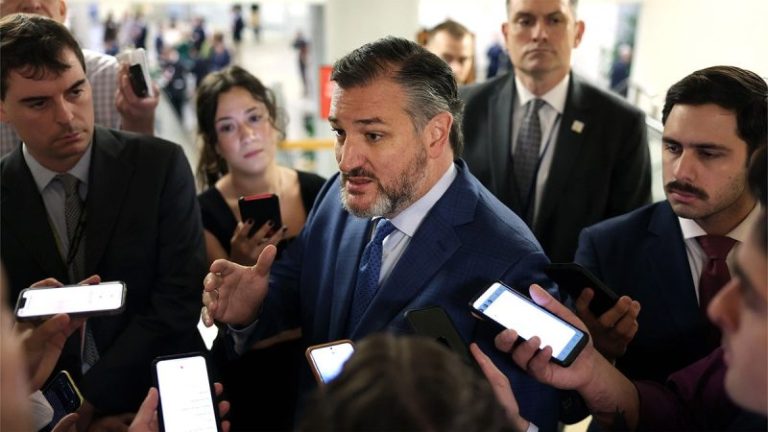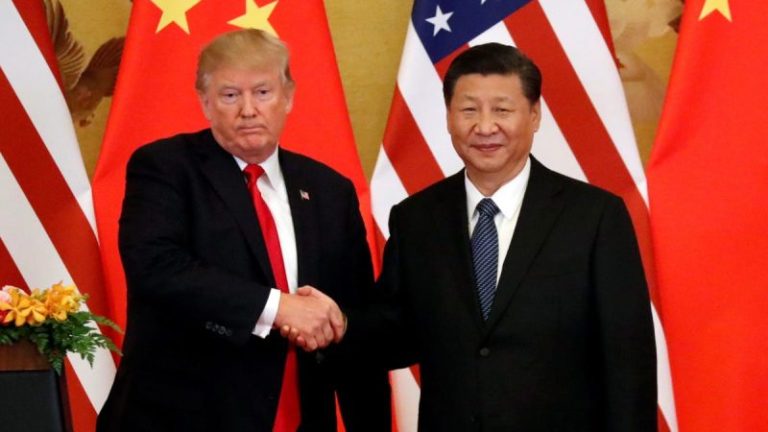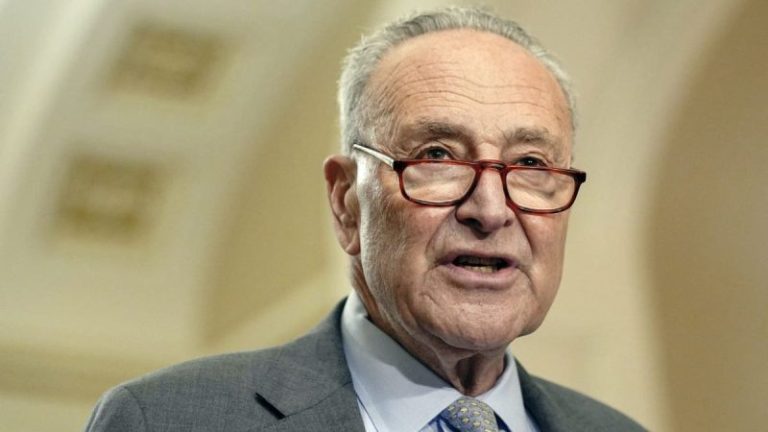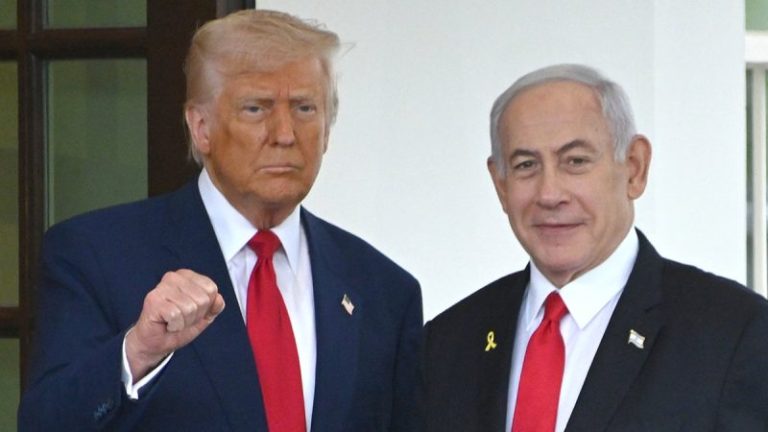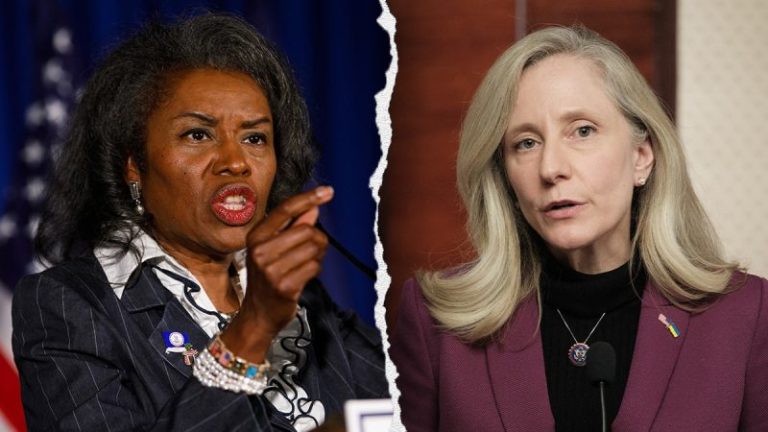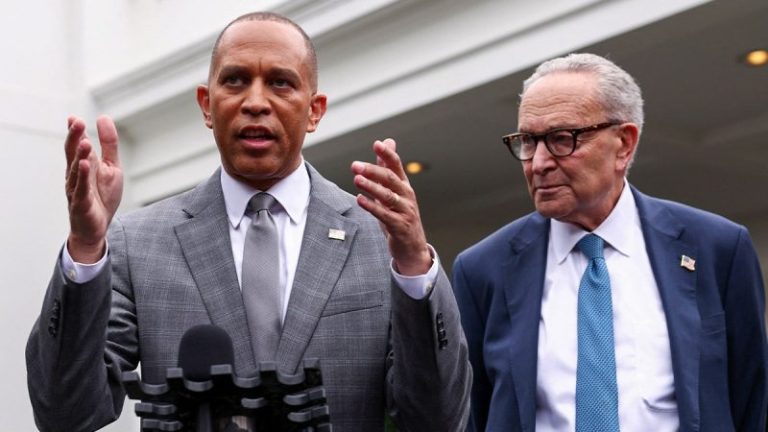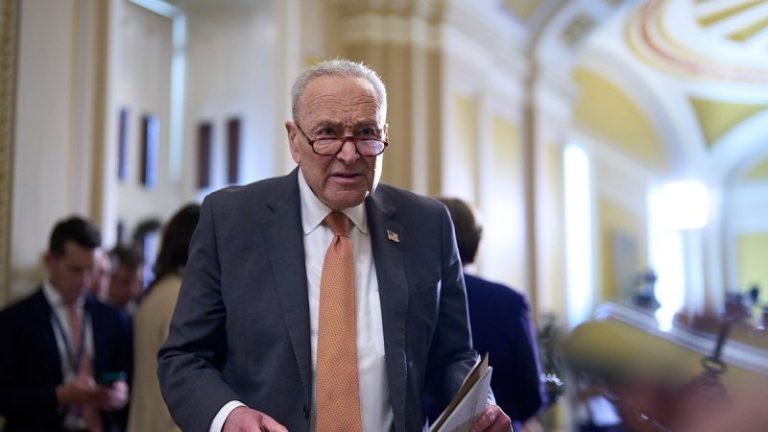Sen. Ted Cruz, R-Texas, announced after a contentious nomination hearing Thursday that he would not support the Trump administration’s pick for ambassador to Kuwait.
Among other areas of concern, Cruz expressed alarm over Amer Ghalib’s refusal to outright condemn the Muslim Brotherhood, a group Cruz believes works against the geopolitical interests of the United States.
‘The Muslim Brotherhood is a global terrorist organization,’ Cruz said in a post on X. ‘Amer Ghalib refers to them as an inspiration. That is in opposition to President Trump and is disqualifying. I cannot support his confirmation for the Ambassador to Kuwait.’
Ghalib, the mayor of Hamtramck, Mich., sparred with Cruz and other members of the Senate earlier that day, clashing with several lawmakers over issues like the United States’ relationship with Israel, comments he had made about the war in Gaza and more.
According to the Department of State, Ghalib was born and raised in Yemen before coming to the United States at age 17. After working full-time in an auto parts factory, he attended the Ross University School of Medicine from 2006-2011 and went on to work as a healthcare professional at the Hamtramck Medical Group until his entry into politics.
Ghalib made news when he was elected as mayor in 2021, becoming the first Muslim to fill the role. In that capacity, he endorsed Donald Trump for president in 2023.
‘Mr. Ghalib’s journey began as a farmer in Yemen, then as an autoworker in the United States, a healthcare professional, and then as an elected mayor of his city. His multicultural experience, deep regional knowledge and demonstrated success as a politician, leader and community organizer, make him a well-qualified candidate to serve as U.S. Ambassador to the State of Kuwait,’ the State Department wrote in its summary of the administration’s nominee.
On Thursday, when asked by Cruz if he still considered Saddam Hussein, the former president of Iraq, a martyr, Ghalib initially skirted the question.
‘I was a private citizen in 2020,’ Ghalib answered, referring to the timing of a social media post when he had given that description.
‘I’m just asking your views. I asked you about today. Do you continue to believe that Saddam Hussein is a martyr today?’ Cruz asked again.
‘I don’t think that — there’s no doubt that Saddam was a dictator. I mean, I can say no. It wouldn’t matter. He’s in God’s hands; he’s going to get the treatment he deserves,’ Ghalib said.
Hussein served as president from 1979 until his government was overthrown in the 2003 U.S. invasion of Iraq. In the aftermath, an Iraqi tribunal found him guilty of willful killing, illegal imprisonment, deportation and torture, among other abuses. He was hanged on Dec. 30, 2006.
Ghalib and the Hamtramck City Council entered the spotlight in 2024 when the city voted unanimously to approve a resolution that, in response to the war in Gaza, required the city to avoid investing in Israeli companies. Citing that resolution, Cruz and other senators expressed reservations that Ghalib would be able to faithfully carry out positions held by the administration. especially if it were to designate the Muslim Brotherhood a terrorist organization or other policy issues that could conflict with Ghalib’s personal views on the Middle East.
Those hesitations stretched across the aisle.
‘You liked a Facebook comment comparing Jews to monkeys,’ Sen. Jacky Rosen, D-Nev., said. ‘You characterized leaders you don’t like as becoming ‘Jewish.’ As mayor, you failed to comment after one of your political appointees called the Holocaust ‘advance punishment’ for the War in Gaza, and you denied that Hamas used sexual violence as a weapon of war on Oct. 7.’
Ghalib did not deny authoring the posts. Instead, he defended himself by arguing that his comments had been taken out of context or that lawmakers had selectively misconstrued his actions. In response to Rosen’s remarks about liking a post comparing Jewish people to monkeys, Ghalib said that he had made it a practice to interact with all social media comments left on his page as a form of acknowledgment. He said those views did not reflect his positions.
‘I think a lot of my posts were written in Arabic and mistranslated,’ Ghalib said in response to further questioning about some of the posts he had made himself.
The State Department and Ghalib’s office did not immediately respond to requests for comment.
Rosen and other senators did not seem moved by Ghalib’s explanations.
‘That is beyond the pale. I will not be supporting your nomination,’ Rosen said. ‘And if you are confirmed — I want you to remember this, sir: You will be an ambassador for the United States of America. And, thus, as ambassador, we must show respect to everyone. We will be watching to see if that happens.’
No date has been set for a final vote on Ghalib’s nomination.

